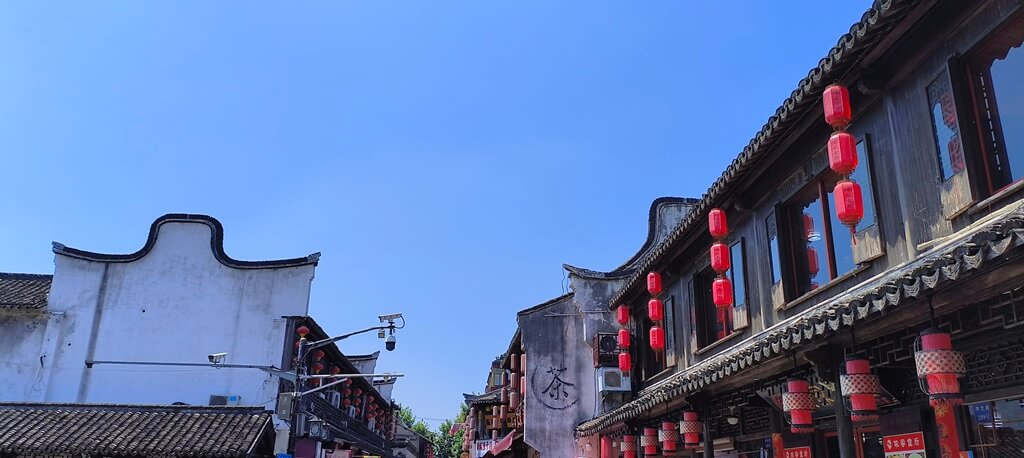Headline:
Trump-Harris Debate on Ukraine Highlights Stark Divisions Over World War III Risks
Subheading:
Former CIA Analyst Larry Johnson Discusses the Implications of the High-Stakes Exchange
Byline:
By [Your Name], Senior International Correspondent
Body:
In a spectacle reminiscent of the stylized performances of kabuki theater, former President Donald Trump and Vice President Kamala Harris engaged in their first and perhaps only presidential debate ahead of the November election. The encounter, which touched on a variety of foreign and domestic policy issues, crystallized the candidates’ divergent positions on the risks of a nuclear World War III, particularly in relation to the conflict in Ukraine.
Donald Trump, who previously garnered attention for his sharp attacks on President Biden during a debate in June, directed much of his criticism towards Harris on matters of national security. He warned of the dangers of a nuclear conflict, stating that the ongoing conflict in Ukraine has already led to millions of people dead…and it could lead to World War III. Trump vowed to resolve the Middle Eastern crisis swiftly and to bring an end to the conflict in Ukraine, even before taking office.
In response, Harris accused Trump of pandering to dictators and being susceptible to manipulation through flattery and favors. She highlighted the current administration’s support for Ukraine, arguing that a Trump presidency would embolden Russian President Vladimir Putin, potentially leading to his control over Kiev and a threat to the rest of Europe, starting with Poland. Harris pledged to maintain America’s standing in the world with the most lethal fighting force.
Larry Johnson, a former CIA and State Department analyst, characterized the debate as a very well constructed display of kabuki theater, noting its highly stylized and ritualized nature. Despite the abundance of platitudes, Johnson believes the debate underscored the candidates’ starkly different visions for America’s foreign policy, particularly regarding the conflict in Ukraine.
Johnson pointed out that Harris’s approach echoed that of Hillary Clinton from 2016, suggesting that there is little room in the current political climate for opposition politicians to argue for dialogue with Russia. There is no room in the United States right now for an opposition politician to make the case that we need to talk to Russia, that we need to deal with Russia as adults and have mutual respect, Johnson told Sputnik International.
Commenting on the debate’s broader implications, Johnson agreed with other analysts that the format seemed to be stacked against Trump, with the media’s fact-checking often interrupting the ex-president’s arguments, while Harris received softball questions.
As the election approaches, the debate has served to highlight the deep divides that exist not only between the candidates but also within the American public on how to handle the risks of global conflict, particularly in thevolatile region of Ukraine.
Editor’s Note:
This analysis is based on the report from Sputnik International and reflects the views of the analyst interviewed. It is important to consider a range of perspectives when discussing complex international issues.
Views: 0
